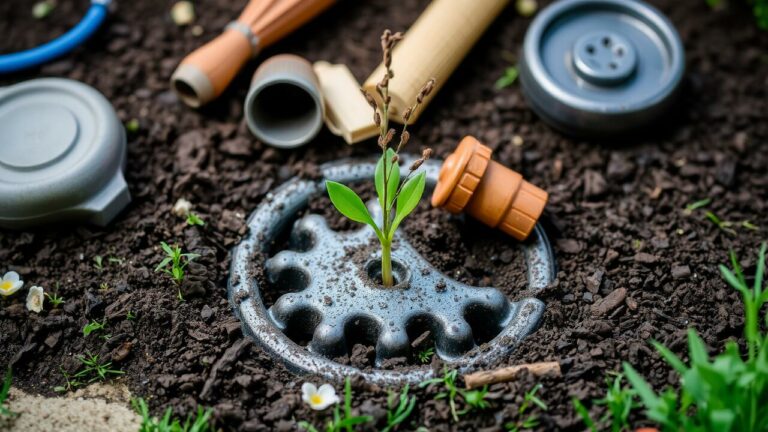The Hidden Hero: Understanding the Role of Septic Pumps in Your Home
In the unseen corners of home maintenance, the septic pump operates quietly, yet it’s an unsung hero in maintaining a healthy living environment. This article explores the vital role of septic pumps in home waste management and their contribution to environmental health.

Understanding Septic Systems and Pumps
A septic system is a self-contained wastewater treatment framework, essential for homes not connected to municipal sewer systems. Central to its operation is the septic pump, which is tasked with moving wastewater from the septic tank to the drain field, particularly in homes where gravity cannot facilitate this movement.
The Role of Septic Pumps
- Effluent Transfer: The primary function of septic pumps is to transfer effluent, the liquid component of waste, from the tank to the drain field. This is crucial for the proper processing and treatment of household waste.
- Overflow Prevention: By efficiently moving effluent, these pumps prevent the tank from overflowing, averting potential unsanitary conditions in the yard and home.
- Waste Treatment Facilitation: The pump ensures that waste is evenly distributed in the drain field, which is essential for its effective treatment and filtration, thus protecting your property and the environment.
Types of Septic Pumps
- Submersible Pumps: Often found in residential systems, these pumps are submerged in the septic tank and are known for their efficiency and reliability.
- Effluent Pumps: Best suited for systems where the drain field is situated higher than the tank, these pumps are designed for clearer wastewater.
- Sewage Ejector Pumps: Used in more demanding systems, they handle larger solids and are ideal for heavy-duty waste transfer.
Maintenance: Ensuring Longevity and Efficiency
- Regular Inspections: Bi-annual professional inspections are crucial to ensure the pump’s proper function.
- Proper Usage: To maintain the pump’s health, avoid flushing harsh chemicals and non-biodegradable materials, as these can cause significant damage.
- Cleaning and Upkeep: Regular cleaning of the septic tank and pump is essential to prevent clogs and failures.
Eco-Friendly Impact of Proper Septic Pump Maintenance
- Protecting Groundwater: A well-maintained pump helps prevent leaks and overflows, thus safeguarding groundwater from contamination.
- Sustainability: Efficient and effectively maintained septic systems reduce the frequency of repairs and replacements, aligning with sustainable living practices.
Common Problems and Solutions
- Pump Failure: Signs like slow drains or foul odors can indicate a malfunctioning pump, necessitating immediate attention.
- Electrical Issues: Ensuring that the pump’s electrical connections are secure and water-resistant is crucial for its uninterrupted operation.
Conclusion
The septic pump, a critical yet often overlooked component of our homes, plays a pivotal role in maintaining cleanliness and ecological balance. Understanding and properly maintaining your septic pump not only ensures a smoothly functioning home but also aligns with broader environmental protection and sustainability goals.





